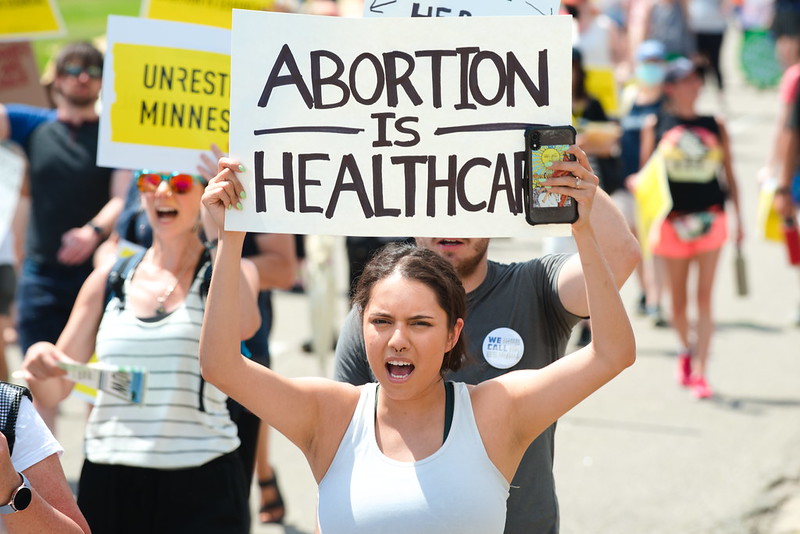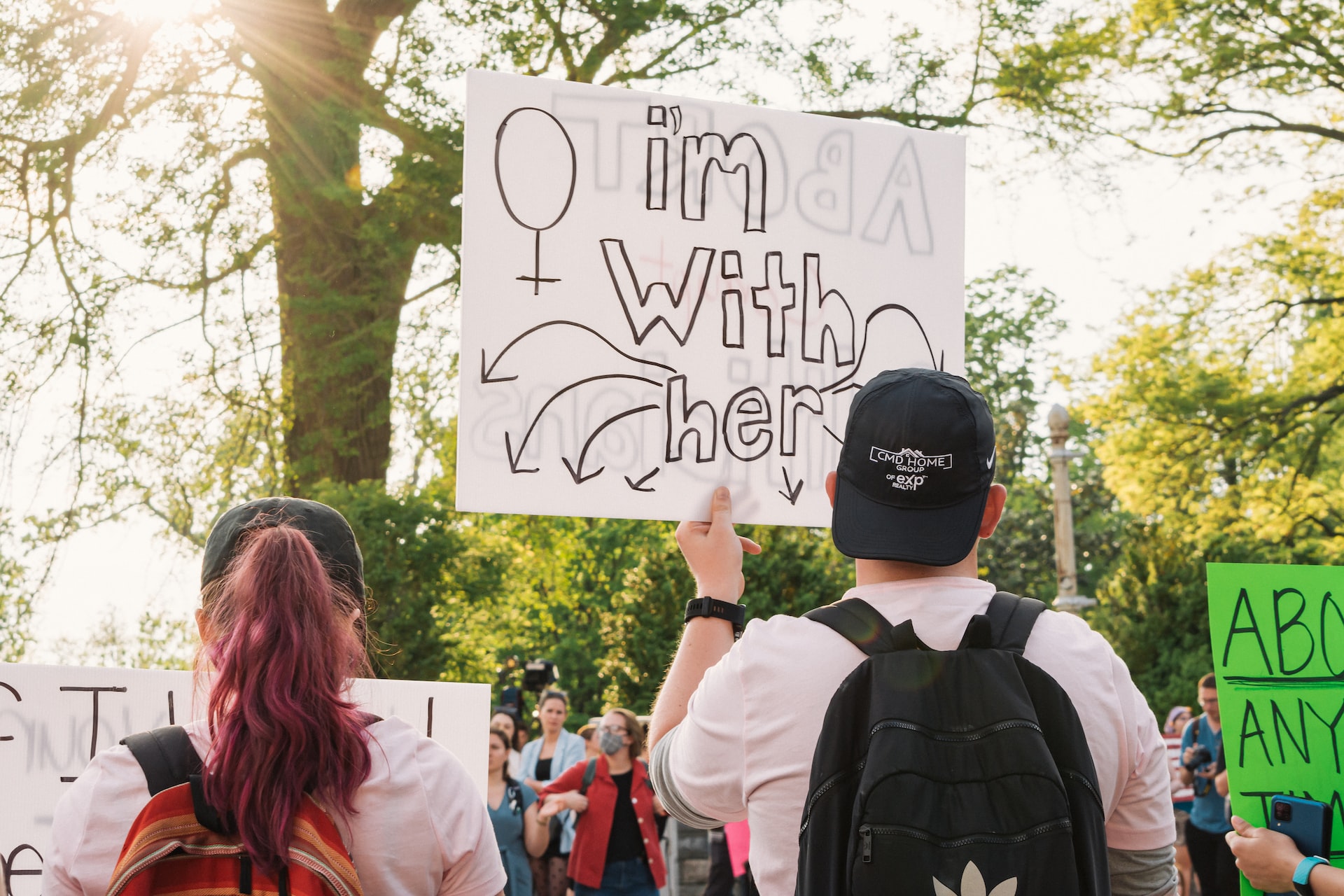The landmark Roe v. Wade case, decided in 1973, was a huge win for women around the world. Although the case centered in the US, Roe v. Wade helped bring more attention to women’s healthcare as a whole. Many nations followed suit, either by decriminalizing or completely legalizing abortion. Today, only about 5% of the global population live in countries where abortion is restricted, even if the mother’s life is in danger — now, many Americans are facing the same grim reality.
On June 24, 2022, with a 6-3 majority, the U.S. Supreme Court overturned Roe v. Wade and determined that the Constitution does not “confer a right to abortion.” The question of safe abortion access is now up to individual states. The decision effectively brought the U.S. back in time to a more oppressive era where unhygienic, back-alley abortions were commonplace.
The case, Dobbs v. Jackson Women’s Health Organization, has implications that span well beyond women’s healthcare to include privacy rights and economic factors. The decision may serve to undermine doctor-patient relationships in the U.S. and cause medical anxiety. Further, it’s important to note that access to safe abortion is not only a women’s issue but also affects men, transgender individuals, and nonbinary people around the world.

Safe abortion access is a human right
Since it potentially affects everyone on Earth, the overturning of Roe v. Wade is a humanitarian issue. Global leaders have been largely united in their disappointment with the decision. According to a CBS report, the Prime Ministers of the UK, Norway, Spain, Belgium, and more spoke out against the decision. For her part, Nicola Sturgeon, the First Minister of Scotland, referred to June 24th as “one of the darkest days for women’s rights” and called for worldwide solidarity against the growing anti-abortion movement.
As of 2022, Latin America’s abortion laws are some of the world’s most restrictive. Now, the same can be said of many US states, thanks to Dobbs v. Jackson. Once the decision to overturn Roe v. Wade was announced, upwards of 20 states implemented bans on abortion with varying degrees of severity. In states like Oklahoma and Texas, healthcare providers who perform abortions — as well as the individuals seeking an abortion — may face criminal charges.
Medical anxiety and reproductive health
For many people, healthcare can be a stressful endeavor. It’s common to experience some form of anxiety before a scheduled medical procedure, such as abortion. Medical anxiety can also stem from past negative interactions with healthcare providers, misinformation, or fear of breaking the law. Due to the Dobbs v. Jackson decision, patients in states with heavy abortion restrictions may be unwilling or unable to seek care for fear of legal repercussions.
There are coping methods for medical anxiety, including exercise and journaling. However, the fear of breaking the law is very real. For someone facing an unplanned pregnancy in a state that prohibits abortion, the potential legal repercussions cannot be overlooked. Nor can the implications of Dobbs v. Jackson on everything from contraception to gender-affirming care and beyond.
A slippery slope?
The right to safe and legal abortion is a medical issue, but it’s also about privacy. The Supreme Court claims that Dobbs v. Jackson only addresses abortion, yet healthcare advocates already fear that the ruling could be used in other ways, to perhaps criminalize other fertility procedures. For example, IVF treatments and egg freezing often result in embryos that aren’t viable or able to be successfully fertilized. If that procedure is performed in a state wherein life is said to begin at fertilization, the pregnant person may be charged with a crime.
Thus, when freezing eggs or otherwise seeking fertility care, it’s crucial that patients — trans, cis-gendered, and nonbinary alike — understand any laws that could affect them. The issue must be tackled from all sides, because limiting abortion access affects everyone, including the male partners of those seeking abortions. As many as one in five men have had a partner who terminated a pregnancy for various reasons, and they should be included in the conversation.
Restricting abortion access means that countless unplanned or unwanted pregnancies will culminate in the birth of a child, causing economic strain and mental stress on people of all genders and identities who may not be ready for parenthood.
Final thoughts
Only time will tell if Dobbs v. Jackson will indeed set reproductive justice rights backward worldwide. In the meantime, advocates of reproductive justice should work together in solidarity and continue to fight for safe abortion access. Abortion is healthcare and it is a right, despite the opinion of the US Supreme Court.
Images: Gayatri Malhotra and Fibonacci Blue

